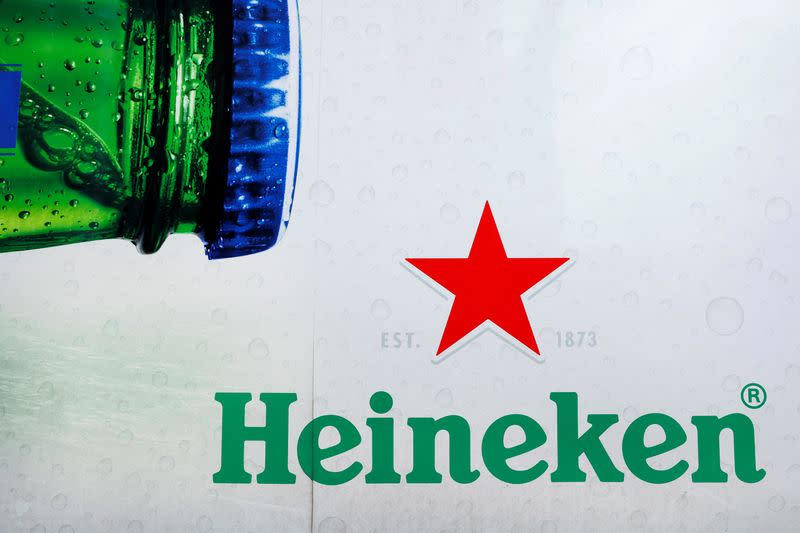Heineken-owned brewery added to Brazil 'slave labor' list

By Lisandra Paraguassu and Fabio Teixeira
BRASÍLIA / RIO DE JANEIRO (Reuters) - Brazilian brewery Kaiser, which is owned by Heineken, has been added to the government's list of companies responsible for labor conditions analogous to slavery, published on Friday.
Kaiser was placed on the list for subcontracting Sider, a trucking company that delivered its beer in the state of Sao Paulo. Sider was charged in 2021 for submitting 23 of its drivers - 22 Venezuelans and one Haitian - to "slavery-like conditions."
In a statement, Heineken said it was not aware of the situation at Sider, which it no longer works with. Heineken also said it created a tool to monitor labor issues involving its subcontractors.
"Regarding the inclusion of Cervejarias Kaiser ... on the list, we are actively working to resolve the issue," Heineken said in a statement.
Reuters was unable to contact Sider.
In a March 2021 inspection, labor inspectors found Sider drivers working illegally long hours of up to 18-hour days with no paid time off. Despite promising lodging to workers, the firm did not provide it to them. Many slept in their trucks instead.
In Brazil, slavery is legally defined as forced labor as well as debt bondage, degrading work conditions and long hours that pose health risks.
The Venezuelan workers were hired through Operacao Acolhida, a federal government initiative resettling migrants arriving in Brazil and connecting them with companies looking for workers.
Brazil's "slave labor" list is published every six months, with newly included companies remaining for two years, if no new offense is found within that period.
Businesses on the list cannot bid for federal government contracts or receive state loans. The list is also used by private banks to gauge credit risk and by international buyers concerned about their supply chains.
(Reporting by Lisandra Paraguassu and Fabio Teixeira; Editing by Brad Haynes)

 Yahoo Finance
Yahoo Finance 